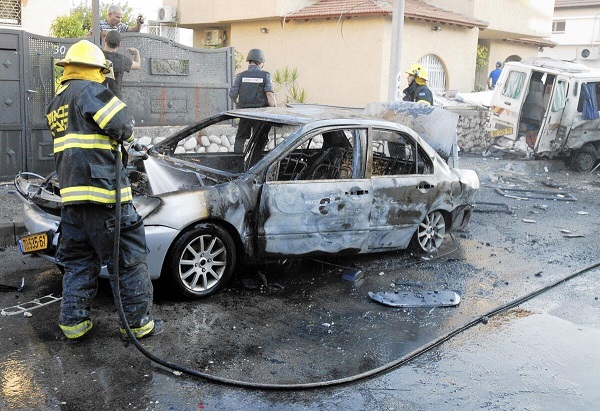Tehran, Iran – The assassination of a senior Hamas leader in Iran has heightened fears of retaliatory attacks, as tensions in the region escalate. The Hamas official, whose identity has not been officially released, was reportedly killed in Tehran under circumstances that remain unclear. Israel has neither confirmed nor denied involvement in the incident, maintaining a characteristic silence.
The targeted killing has sent shockwaves through both Iranian and Palestinian circles, with Hamas vowing to respond. The group’s spokesman condemned the assassination, calling it a “heinous crime” and pledging to “avenge the martyr’s blood.” This incident follows a pattern of high-stakes covert operations in the region, often attributed to the ongoing shadow war between Israel and Iran, along with their respective allies.
Iranian authorities have launched an investigation into the killing, promising to bring those responsible to justice. The assassination in Tehran, a city known for its stringent security measures, raises serious concerns about the capabilities and reach of the perpetrators.
Observers note that this development could lead to a significant escalation in hostilities, not only between Hamas and Israel but also potentially dragging in other regional players. Iran’s support for Hamas and other militant groups has been a long-standing point of contention, particularly with Israel, which views these groups as direct threats to its security.
Israel’s policy of ambiguity regarding its intelligence operations means it rarely takes public responsibility for such actions. This strategic silence is aimed at maintaining operational security and avoiding immediate diplomatic fallout. However, past incidents suggest a likelihood of Israeli involvement, especially given the sophistication required to carry out such an operation within Iranian territory.
The international community has expressed concern over the potential for escalating violence. The United Nations and several countries have called for restraint and urged all parties to avoid actions that could lead to a broader conflict. As the situation develops, regional security analysts are closely monitoring for signs of retaliation from Hamas or Iran. Increased security measures are anticipated in Israel and allied countries, as they brace for possible responses that could range from targeted attacks to broader military engagements.
The killing of the Hamas chief in Iran underscores the fragile and volatile nature of Middle Eastern geopolitics, where proxy battles and covert operations continue to shape the security landscape.


